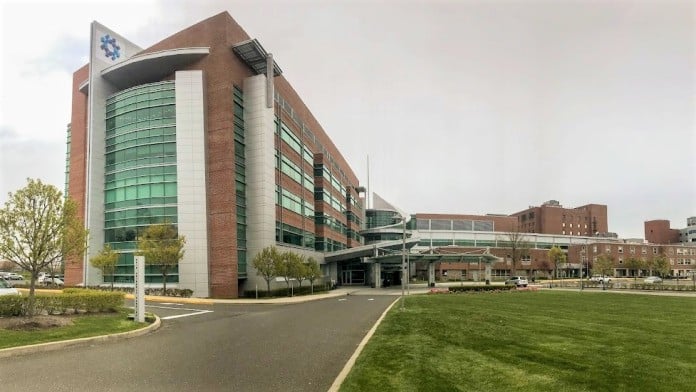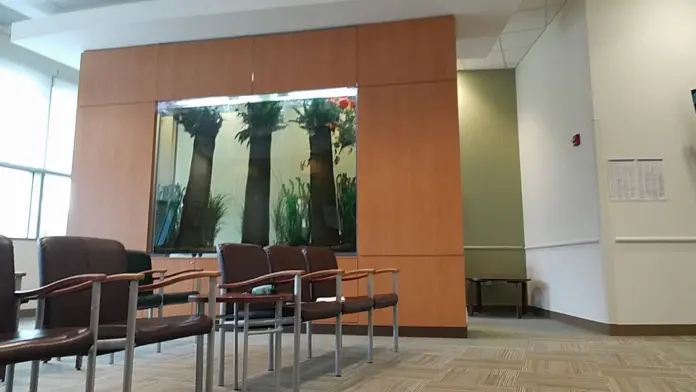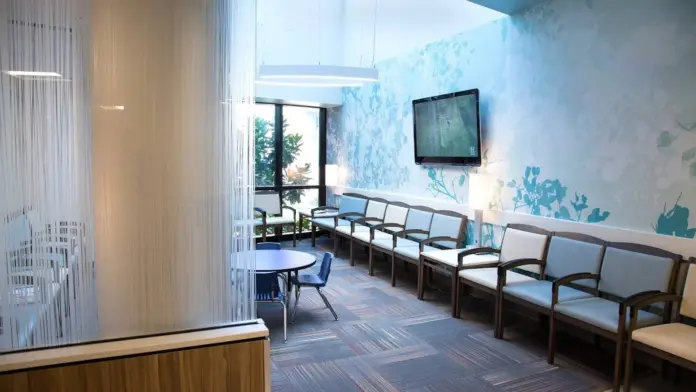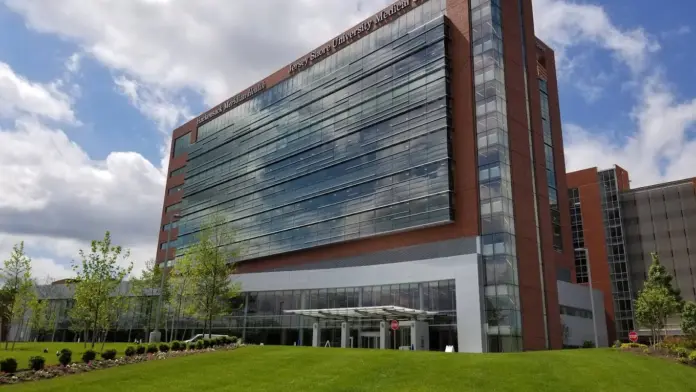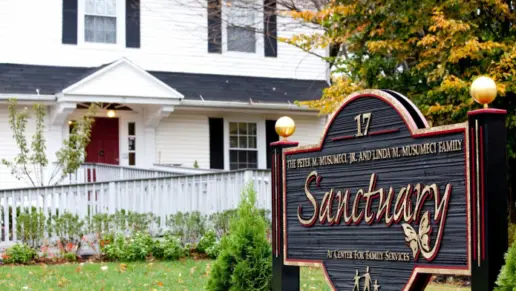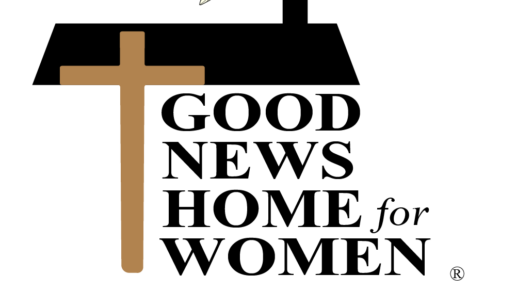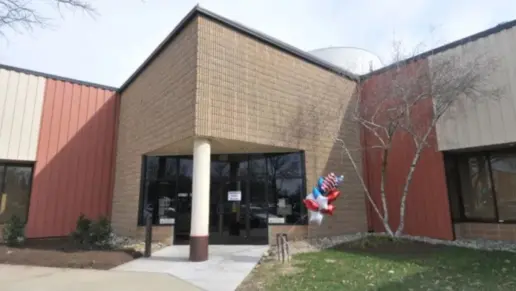About HMH Jersey Shore University Medical Center
Jersey Shore University Medical Center offers an array of psychiatric, substance abuse and medical services to adult experiencing a mental health crisis. Services include individual therapy, group therapy, family therapy and medication management.
Jersey Shore University Medical Center offers an inpatient Psychiatric Unit treatment for those adults who voluntarily want treatment for acute crisis of mental illness and require inpatient treatment for stabilization and safety.
The unit includes individual, group and family therapy as well as medication management.
The unit has multi-disciplinary team of psychiatrists, physician specialists, psychiatric nurses, psychiatric social workers, occupational therapists, psychologists, substance abuse staff and other medical personnel.
The clinic also offer a consultant to the Emergency Department on patients of all ages experiencing psychiatric emergency 24-hour each day, seven days a week. The clinic include face-to-face evaluation, crisis intervention, evaluation and assessment, psychiatric disposition and referral.
 Payment Options
Payment Options
Medicaid
Private insurance
Self-pay options
Financial aid
Sliding scale payment assistance
Medicare
Military insurance
Military Insurance
 Levels of Care
Levels of Care
 Inpatient
Inpatient
Jersey Shore University Medical Center offers an inpatient Psychiatric Unit for those individuals with a crisis mental health issue. Rehab facilities that offer residential treatment allow patients to focus solely on recovery, in an environment totally separate from their lives, however, the unit is designed to keep patients in the area, near their families, friends and other support systems.
 Programs
Programs
 Adult program
Adult program
 Program for men
Program for men
 Program for women
Program for women
 Young adult program
Young adult program
 Settings & Amenities
Settings & Amenities
-
Residential setting
-
Spa
 Insurance
Insurance
Our Policy: HMH Jersey Shore University Medical Center works with several private insurance providers and also accepts private payments when possible, please contact us to verify your specific insurance provider.



















 Treatment
Treatment
 Alcoholism
Alcoholism
The goal of treatment for alcoholism is abstinence. Those with poor social support, poor motivation, or psychiatric disorders tend to relapse within a few years of treatment. For these people, success is measured by longer periods of abstinence, reduced use of alcohol, better health, and improved social functioning. Recovery and Maintenance are usually based on 12 step programs and AA meetings.
 Drug Addiction
Drug Addiction
Drug rehab in New Jersey is the process of addressing the complex issues involved with addiction. Challenges are identified and addressed through individual and group counseling. Participants learn how to manage these issues without the use of substances.
 Mental Health and Substance Abuse
Mental Health and Substance Abuse
A combined mental health and substance abuse rehab has the staff and resources available to handle individuals with both mental health and substance abuse issues. It can be challenging to determine where a specific symptom stems from (a mental health issue or an issue related to substance abuse), so mental health and substance abuse professionals are helpful in detangling symptoms and keeping treatment on track.
 Opioid Addiction
Opioid Addiction
Opioid rehabs specialize in supporting those recovering from opioid addiction. They treat those suffering from addiction to illegal opioids like heroin, as well as prescription drugs like oxycodone. These centers typically combine both physical as well as mental and emotional support to help stop addiction. Physical support often includes medical detox and subsequent medical support (including medication), and mental support includes in-depth therapy to address the underlying causes of addiction.
 Clinical Services
Clinical Services
 Electroconvulsive Therapy
Electroconvulsive Therapy
ECT is a form of treatment in which controlled electric currents are passed through the brain, sometimes causing short seizures. Treatments are done under general anesthesia. ECT appears to change brain chemistry for the better, and has been shown to provide fast and sometimes dramatic improvements in severe mental health conditions that can exist alongside addiction, including depression, bipolar disorder, psychosis, and suicidality. ECT is also often used by those who prefer it to taking medication.
 Family Therapy
Family Therapy
Research clearly demonstrates that recovery is far more successful and sustainable when loved ones like family members participate in rehab and substance abuse treatment. Genetic factors may be at play when it comes to drug and alcohol addiction, as well as mental health issues. Family dynamics often play a critical role in addiction triggers, and if properly educated, family members can be a strong source of support when it comes to rehabilitation.
 Group Therapy
Group Therapy
Group therapy is any therapeutic work that happens in a group (not one-on-one). There are a number of different group therapy modalities, including support groups, experiential therapy, psycho-education, and more. Group therapy involves treatment as well as processing interaction between group members.
 Individual Therapy
Individual Therapy
In individual therapy, a patient meets one-on-one with a trained psychologist or counselor. Therapy is a pivotal part of effective substance abuse treatment, as it often covers root causes of addiction, including challenges faced by the patient in their social, family, and work/school life.
 Transcranial Magnetic Stimulation
Transcranial Magnetic Stimulation
Transcranial Magnetic Stimulation (TMS) is a non-invasive way of stimulating the brain in order to help with symptoms of depression. TMS uses elecromagnetic coils to deliver magnetic pulses to the brain, which can improve a patient's mood and ease depression. It's often used when other depression treatments haven't worked.
